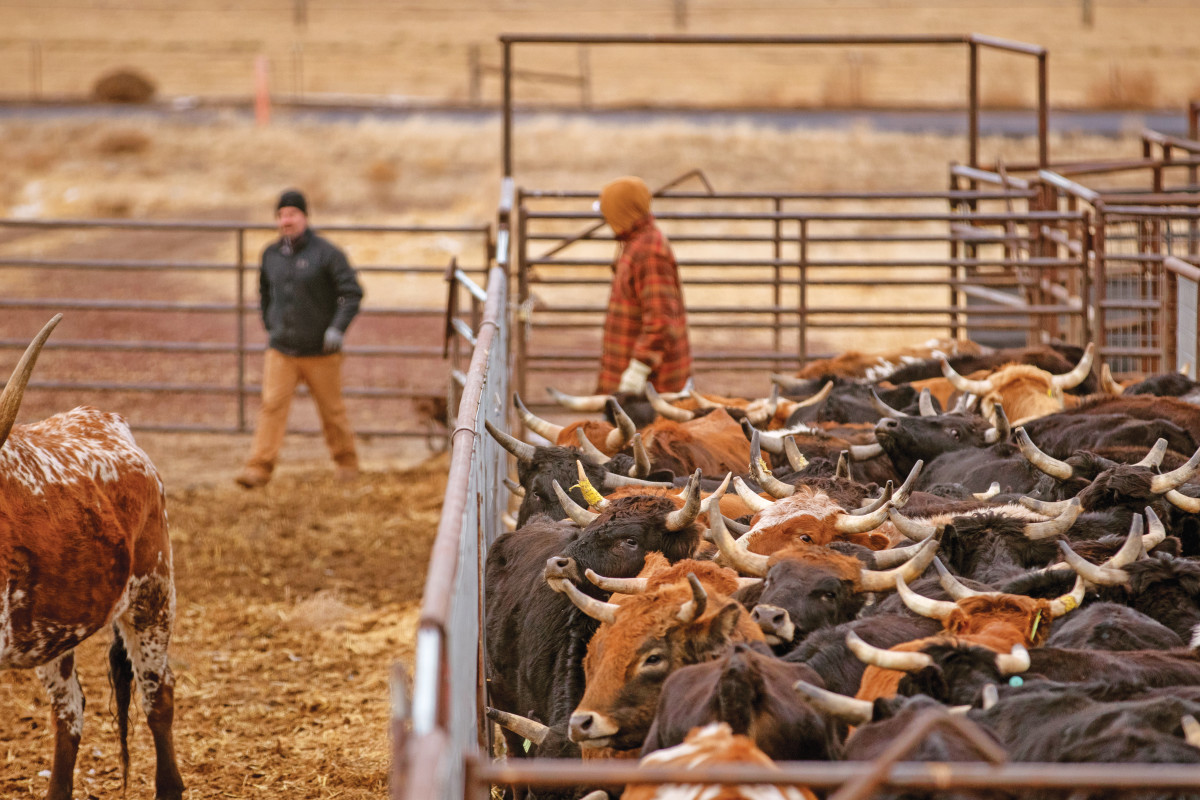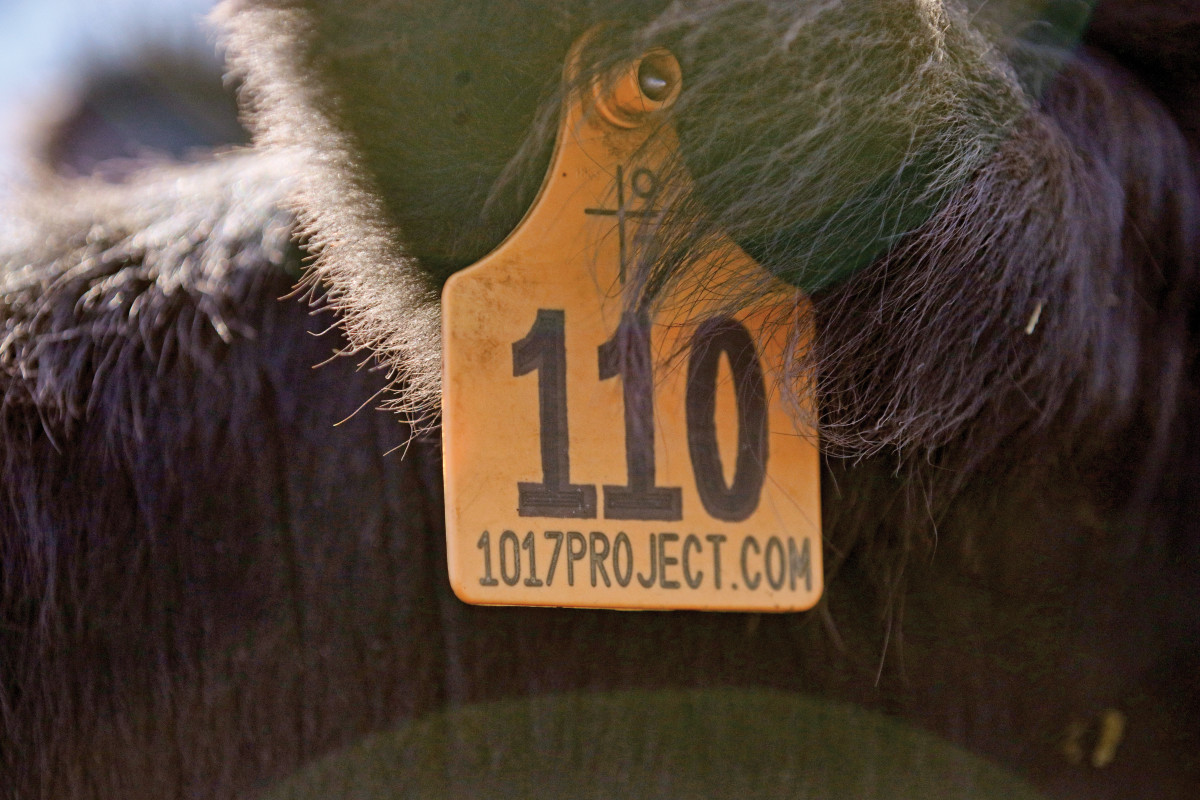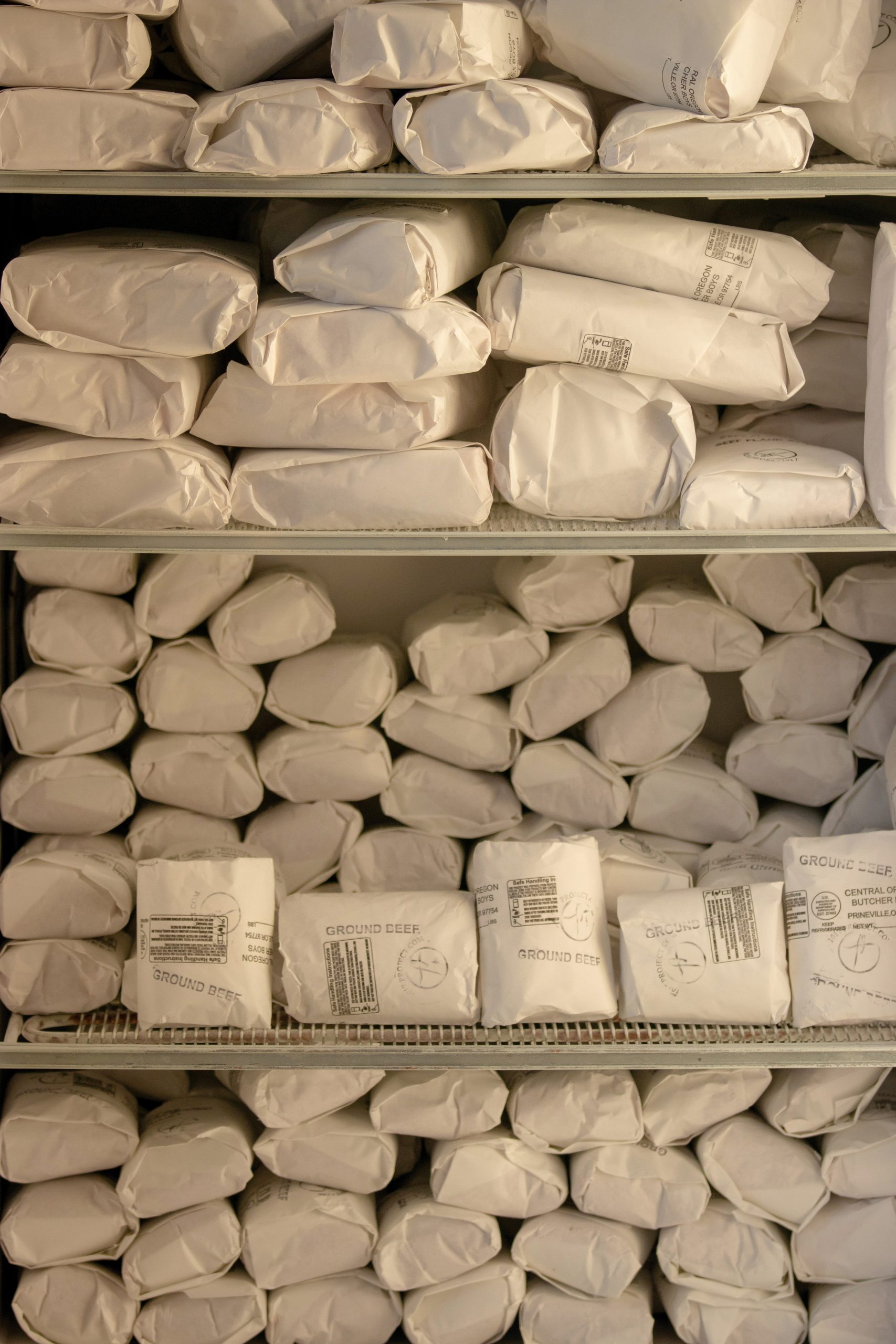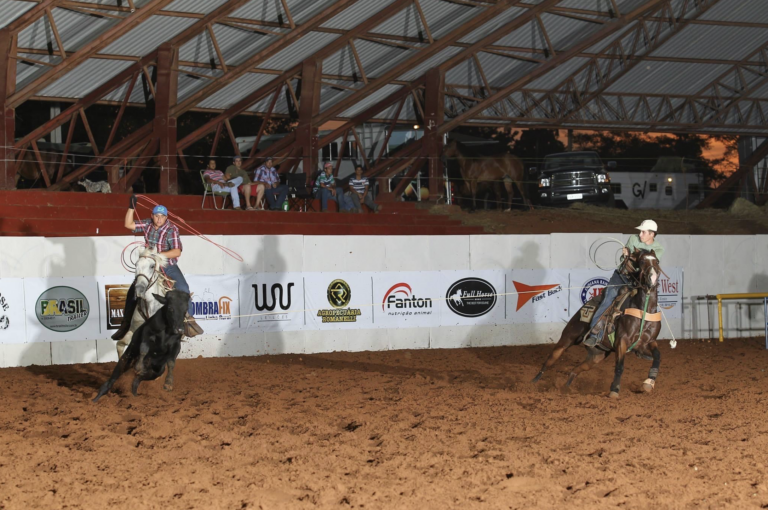The 1017 Project—the Oregon-based 501c3 that turns roped-out steers into beef for food banks—is increasing its donations by 166% throughout the duration of the COVID-19 crisis.
The non-profit, founded by Jordan Weaver and the Shiloh Ranch Church in Powell Butte, typically donates six head per month, which has equated to over 46 tons of beef since its inception in 2014. That number will increase to 48 head for the three months of April, May and June 2020.
[DONATE: The 1017 Project]
[LEARN MORE: The 1017 Project: How Roped-Out Steers Are Feeding the Hungry]
“There are people who live paycheck to paycheck, and that means different things to different people,” Weaver said. “But there are hard-working people whose checks literally pay for the groceries for their family that week. So if their jobs get cut, that’s not just costume income—that means they cannot feed their families. Food banks are filling the gap right now for people who would have spent $50 a week for their families on groceries. The food banks are literally playing a survival roll that doesn’t always exist.”

Food banks supported by The 1017 Project in Prineville, LaPine, Redmond, Madras, Sisters, and Bend are seeing a 70-percent increase in need, Weaver said, while at the same time, fat-cattle prices are on the rise. Grocery stores, who used to donate meat to food banks, are seeing such a high demand that there’s just not much overstocked meat left to pass along to food banks, Weaver explained.
[SHOP: Optimizing Food Storage at Home]
KitchenBoss Vacuum Sealer Machine for Preservation Automatic Vacuum Sealing System
(As an Amazon Associate, we earn from qualifying purchases made through affiliate links.)
“So the food banks are getting stretched thing,” Weaver said. “The food banks we’re serving are both rural and urban. Right now, the donations are serving many people in urban areas most immediately affected by the crisis. But long-term, there may be a large economic impact on rural areas, and the need will be there, too.”
[LISTEN: The 1017 Project’s Jordan Weaver on The Score Podcast]
There has never been a more critical time for an organization with a sustainable protein source, like The 1017 Project, to be able to step up and increase deliveries. Local food banks are adjusting to a sudden increase in demand while much of their volunteer base has to stay home and self-isolate. In addition, financial donations have dropped because regular donors face the possibility of job loss themselves.

“Because food banks can’t stockpile a perishable item like beef, we store it for them in the form of live cattle in our pastures. And we are fortunate to have a proven system in place that enables us to respond quickly in an emergency,” said Board Member, Holly McLane.
The 1017 Project is hoping to get financial donations during this crisis in order to help them stockpile cattle for after the quarantine is over, Weaver said, because they’ll be using so much of their beef supply right now.
“Online giving lets us buy a set of cows if we need to,” Weaver said. “If I had to send in to the sale barn for a load of butcher cows, that will mean we don’t run out of cattle. If we do, we are going to be butchering little, fresh Mexicans that are still good to rope. Financially that wouldn’t be a smart decision.”
[SHOP: Cattle-Raising Essentials]
Rechargeable Electric Livestock Prod for Cow Pig Goats and More
Long-term, Weaver is hopeful that corporate sponsors will be able to step-up to help The 1017 Project through its weekly jackpot and NTR ropings, which essentially give the cattle a job until they’re ready for processing.
“We don’t like asking for money,” Weaver said. “If we have better products to give away at our ropings, we could have more entries. More entries means more income, more income equals more cattle, and more cattle equals more hamburger.”
The 1017 Project accepts public help through financial donations on its website, www.1017project.com. Ranchers can also donate cattle, hay, and pasture and receive a tax deduction. Supporters can also send contributions to The 1017 Project, P.O. Box 19, Powell Butte, OR 97753. TRJ











